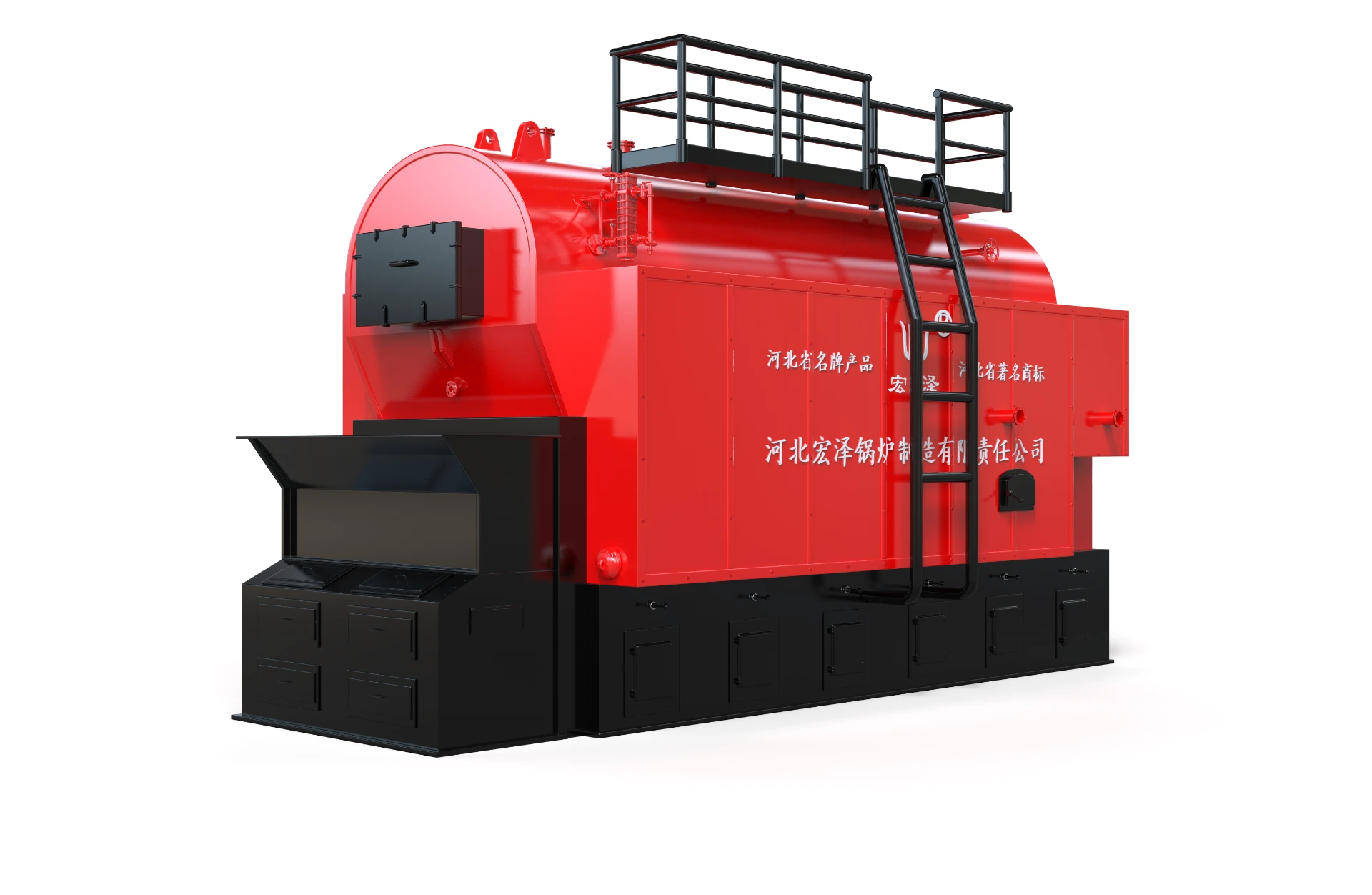
Nov . 13, 2024 13:26 Back to list
heat transfer oil boiler
Understanding Heat Transfer Oil Boilers
Heat transfer oil boilers are an essential component in a variety of industrial applications, providing efficient and reliable heat transfer at elevated temperatures. Unlike traditional water-based boilers, heat transfer oil boilers use thermal oils that can operate at higher temperatures without generating excessive pressures. This unique characteristic makes them ideal for processes that require consistent and precise temperature control.
One of the main advantages of heat transfer oil boilers is their ability to maintain stable temperatures over extended periods. Thermal oils, such as mineral-based or synthetic fluids, have high thermal stability, which allows them to withstand temperatures often exceeding 300°C (572°F). This capability is particularly beneficial in industries like food processing, textiles, and chemical manufacturing, where precise temperature regulation is crucial for product quality and safety.
The operational principle of a heat transfer oil boiler is relatively straightforward. The boiler heats the oil, which then circulates through a system of pipes to various heating zones or equipment, such as heat exchangers, reactors, or dryers. As the oil passes through these areas, it transfers its heat energy, allowing for efficient heating of the desired materials or spaces. After passing through the heat transfer system, the cooled oil returns to the boiler for re-heating, creating a closed-loop system that minimizes energy loss.
heat transfer oil boiler

Maintaining a heat transfer oil boiler involves regular inspections and monitoring for leaks, contamination, and the condition of the thermal oil. It's essential to ensure that the oil is free from water and foreign particles, as impurities can degrade its performance and lifespan. Additionally, operators should be aware of the thermal oil’s degradation temperature and replace it when necessary to maintain efficiency and prevent equipment failure.
Safety is also a vital consideration when operating heat transfer oil boilers. These systems require pressure and temperature monitoring to prevent overheating and reduce the risk of accidents. Many modern boilers come equipped with advanced control systems that automatically adjust operational parameters, ensuring safe and efficient functioning.
In conclusion, heat transfer oil boilers are a crucial technology for industrial heating applications. Their high operational temperatures, efficient heat transfer capabilities, and ability to maintain stable temperature profiles make them suitable for a broad range of industries. As technology advances, we can expect further improvements in their efficiency, safety, and environmental impact, solidifying their role in modern industrial processes.
-
Oil Fired Hot Water Boilers Sale - High Efficiency & Affordable
NewsJul.31,2025
-
High-Efficiency Commercial Oil Fired Steam Boiler for Industry
NewsJul.30,2025
-
High-Efficiency Biomass Fired Thermal Oil Boiler Solutions
NewsJul.30,2025
-
High Efficiency Gas Fired Thermal Oil Boiler for Industrial Heating
NewsJul.29,2025
-
High-Efficiency Gas Fired Hot Water Boiler for Sale – Reliable & Affordable
NewsJul.29,2025
-
High Efficiency Biomass Fired Hot Water Boiler for Industrial and Commercial Use
NewsJul.29,2025
Related PRODUCTS






















